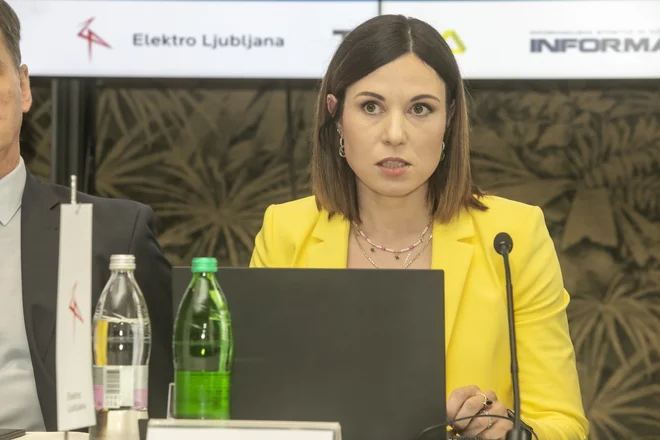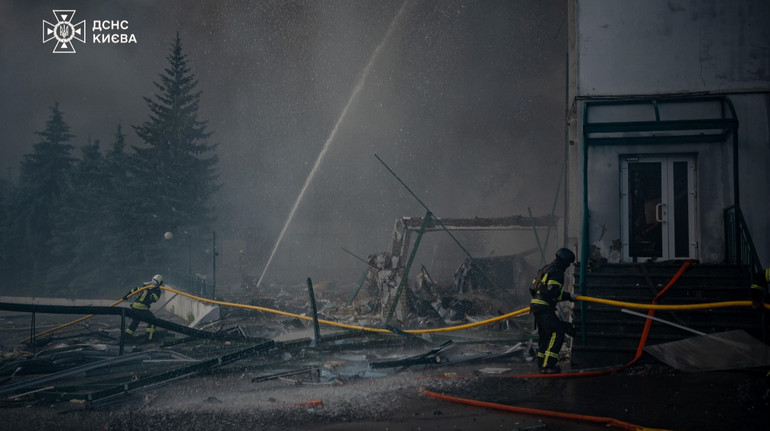Even before the march started to Gaza in Egypt, it was already stopped: « Is it too much to ask to bring food to people in need? »
/s3/static.nrc.nl/images/gn4/stripped/data133737254-714029.jpg|https://images.nrc.nl/D4JKSSXbdsD6myiyDzfQOUrXKnU=/1920x/filters:no_upscale()/s3/static.nrc.nl/images/gn4/stripped/data133737254-714029.jpg|https://images.nrc.nl/B-MD_a8t8TmfriFmGaNcFCzQ8oU=/5760x/filters:no_upscale()/s3/static.nrc.nl/images/gn4/stripped/data133737254-714029.jpg)
Under a citrus tree, 28-year-old Dania Hassan awaits until it gets dark. She wants to cross the road unseen. For more than an hour she dragged her roll case over a sandy path of a plantation outside Cairo, the capital of Egypt. Then suddenly two police cars stop near her hiding place. She has been discovered.
As if it is a film scene, the Amsterdam law student tells on Saturday from a cafe in Cairo what happened to her and four other Dutch people a day earlier. The 31-year-old woman next to her would rather remain anonymous, she works at the Ministry of Justice and Security. In their enthusiasm, the women constantly interrupt each other.
The group tried to bypass a toll control post towards Ismaïlia – which is just outside of Cairo – because hundreds of foreign activists were stopped there. Thousands of demonstrators from dozens of countries traveled to Egypt last week for the Global March to Gaza, a citizens’ initiative in which the end of the Israeli blockade is claimed to the Gazagrens. They think that governments do too little and therefore take initiative themselves. « I feel so complicit, » sighs the 31-year-old official.
But on the second day of the planned walk, most participants are still in Cairo, on hundreds of kilometers away from the border. What has happened in Egypt in recent days?
Airport
To stand out less, backpacks are exchanged for rolling boxes on Wednesday and Thursday – when most of them fly to Egypt. Keffiyehs and sleeping bags stay at home. Nevertheless, many participants are interviewed, detained or returned on arrival.
Spokesperson Sarah Elbadr-Boers believes that Egypt was put under pressure by Israel
There is panic. Some activists have long been missing. Eventually 65 of the more than one hundred participants of the Dutch delegation reach Cairo. Practers feel betrayed: they traveled at tourist visa and had announced their arrival. But demonstrating is prohibited in Egypt and there is no permission for the march. Spokesperson Sarah Elbadr-Boers believes-like many participants-that Egypt has been put under pressure by Israel.
Outgoing Foreign Minister Caspar Veldkamp (NSC) tells journalists on Thursday that Egypt is « not the same open society » as the Netherlands and that the authorities can be « very strict ». A day later, Stephan van Baarle submits (thinking) parliamentary questions about the safety of participants.
On Friday morning the activists hope to travel to Al-Ararh in the morning, about 50 kilometers from the border. But the plan is constantly changing. Eventually groups travel by taxi in the afternoon to Ismaïlia, where they want to wait for permission.
Police supervision
Things go wrong on that route. With a toll control item just outside the capital, the road is blocked and passports are taken for hours. Pro-Palestinademonstrations arise. Military police are present, but keeps hitting. Later in the evening there are videos of violent incidents, those for NRC are difficult to verify. Many participants are already back in Cairo.
The group fragments due to a lack of structure. The chaos reinforces that app conversations are always removed due to safety reasons. « We are going to ask another Uber to take ourselves through an alternative route, » writes Lütfiye Karataş (40) in the evening via WhatsApp. More do this.
Only dozens of participants know how to reach Ismaïlia, including a few Dutch people. The situation is also tense there. Some are only allowed to leave the hotel with police supervision. Three Dutch boys want to travel. The Sinai in. The next day, one of them writes that they were sent back to Cairo, although according to this 26-year-old man the police do not know that the boys belong to the Mars.
Surprised
Many activists find their risks small compared to what Palestinians go through every day. Despite the risk of deportation or imprisonment, the Australian Rob (45) receives support from his wife and sons in London. « The Palestinians need a voice and if I was Palestinian, I would like someone to make such a choice for me. »
Has the organization thought about the risks for the locals? For example for taxi drivers who ride shortcuts? Due to the demonstration ban, some inhabitants are reluctant to help people. « Respect the limits that the Egyptians themselves indicate, » is the instruction. « And most of us use Uber, so the drivers can simply accept the ride in advance, » says Elbadr-Boers.
For many participants it is the first time in Egypt. Some think they can reach Gaza. Others call that « unlikely. » That the border area is full of checkpoints and fields full of military vehicles, surprises a group of French people. « Do you think they will shoot at us? » Asks a twenties from Paris.
/s3/static.nrc.nl/images/gn4/stripped/data133737230-b2a68f.jpg|https://images.nrc.nl/OXHHJf6ZThgRp8RwsBX_prm_vtg=/1920x/filters:no_upscale()/s3/static.nrc.nl/images/gn4/stripped/data133737230-b2a68f.jpg|https://images.nrc.nl/GTZUXsKQvJft3oQiZnMTKY-KRZo=/5760x/filters:no_upscale()/s3/static.nrc.nl/images/gn4/stripped/data133737230-b2a68f.jpg)
On Thursday, Elbadr-Boers writes that some people were « a bit » under the assumption that « this would look more like an organized tour holiday. » A day later she comes back to that. She states that that thought – that the action is naive – exposes the problem: that violence against citizens who stand up for Palestinians is seen as normal and governments do not take action against it. « The Dutch (…) are brave ».
Passport privilege
After Friday, rest days were inserted. The 41-year-old Branka Dasoviç says on Sunday that the group is « somewhat restless » awaiting next steps. Some of the activists do not have a return ticket. The organization announces that it wants to put other ways – in line with Egyptian regulations – of pressure « to stop the blockade of Gaza and the genocide on the Palestinians. » They send representatives to embassies in Cairo.
The participants are disappointed that a peaceful protest seems impossible
Dania and the other Dutch on the citrus plantation were returned to the toll that they wanted to bypass on Friday evening. Videos show how they are laughing in the police pickup cargo. Rolling cases between them.
The participants are disappointed that a peaceful protest seems impossible. « Is it too much to ask to bring some food to people in need? » the civil servant calls. Dania has underestimated the situation, but emphasizes her passport privilege. « The worst thing that can happen to us is a deportation, » she says. « That is why we are here, because we can afford it, » her neighbor adds. « And if you think about it for too long, you won’t go anymore, » says Dania.

:format(webp)/s3/static.nrc.nl/wp-content/uploads/2024/10/23100921/data123300162-291e87.jpg)
:format(webp)/s3/static.nrc.nl/wp-content/uploads/2024/12/27113911/web-2712ONDreconstructie1.jpg)
/s3/static.nrc.nl/images/gn4/data133757273-bdad3f.jpg)




